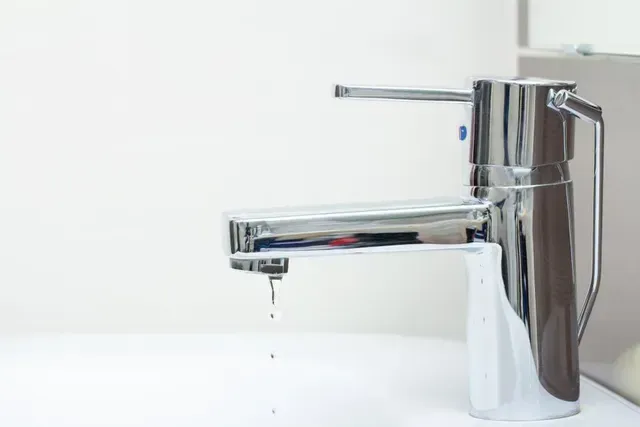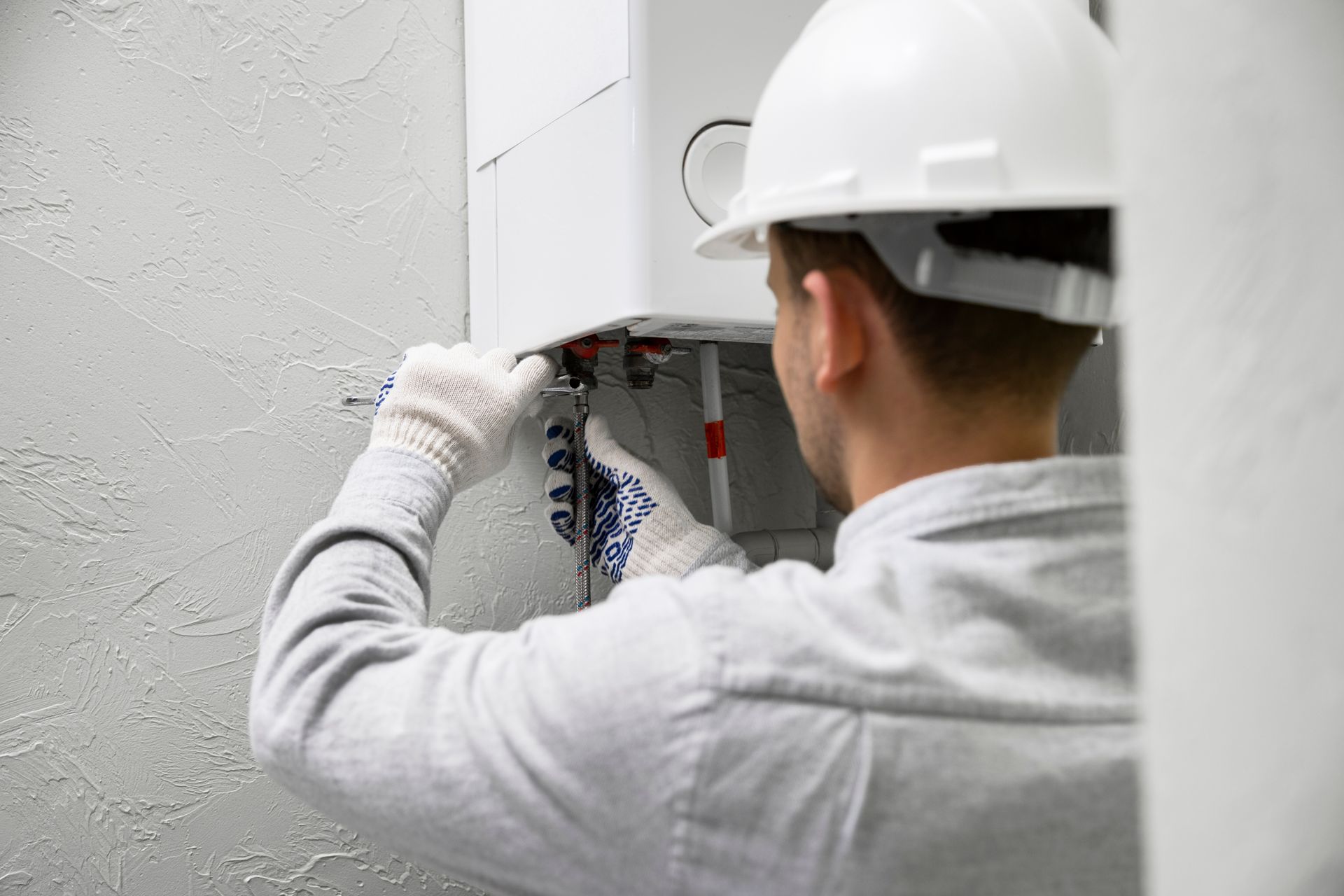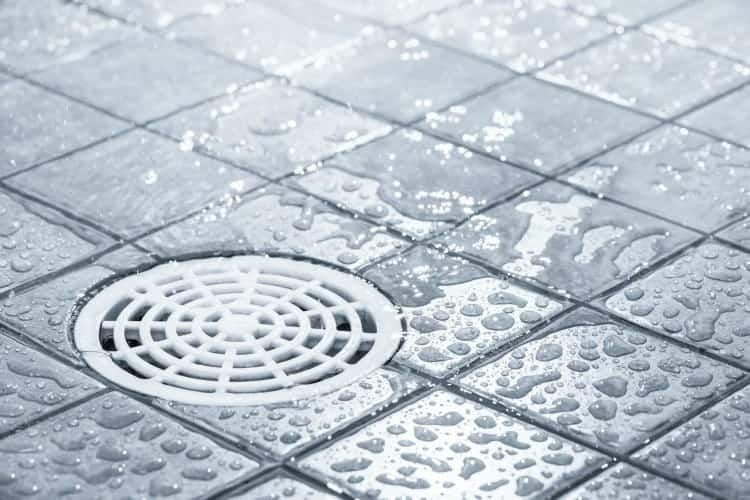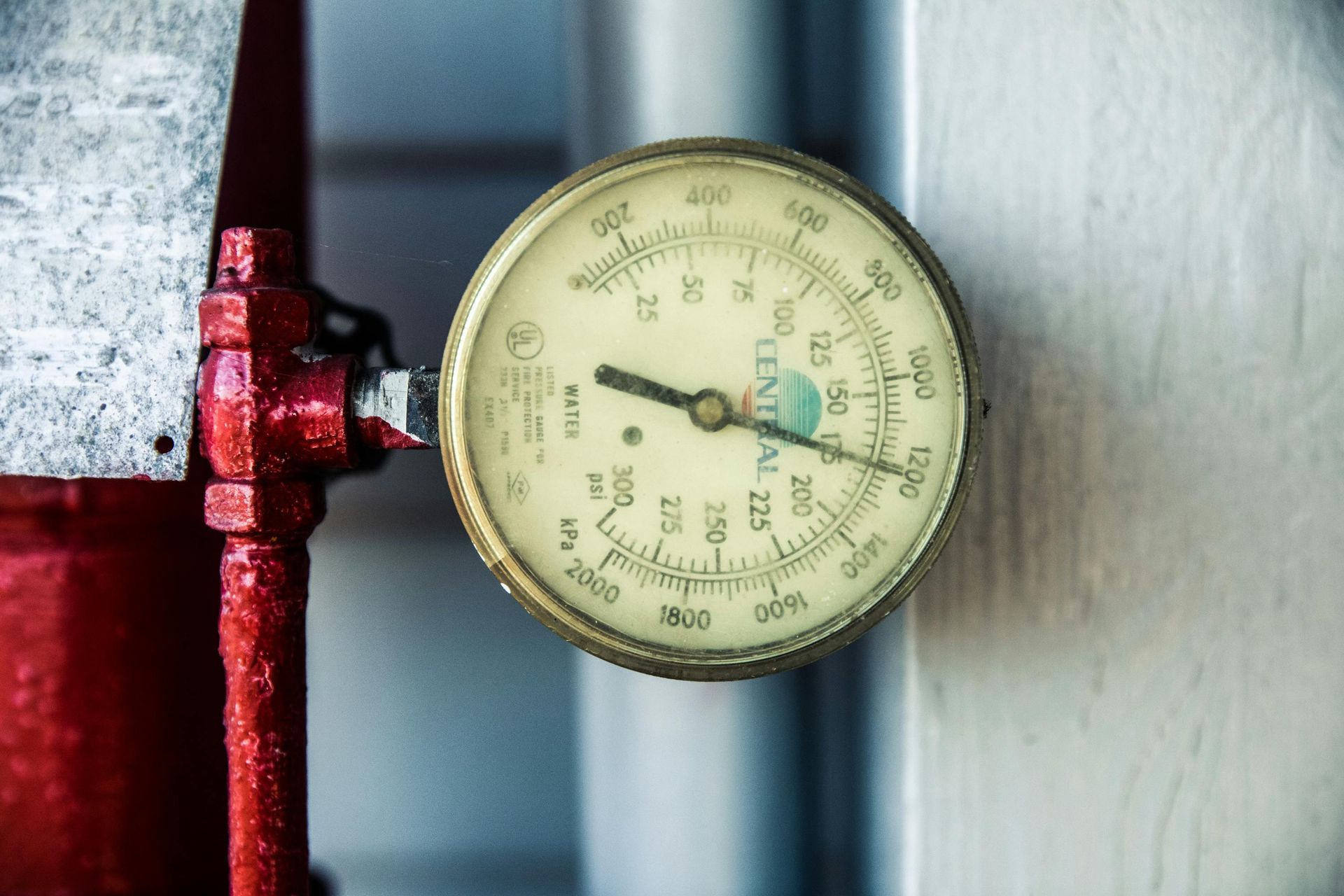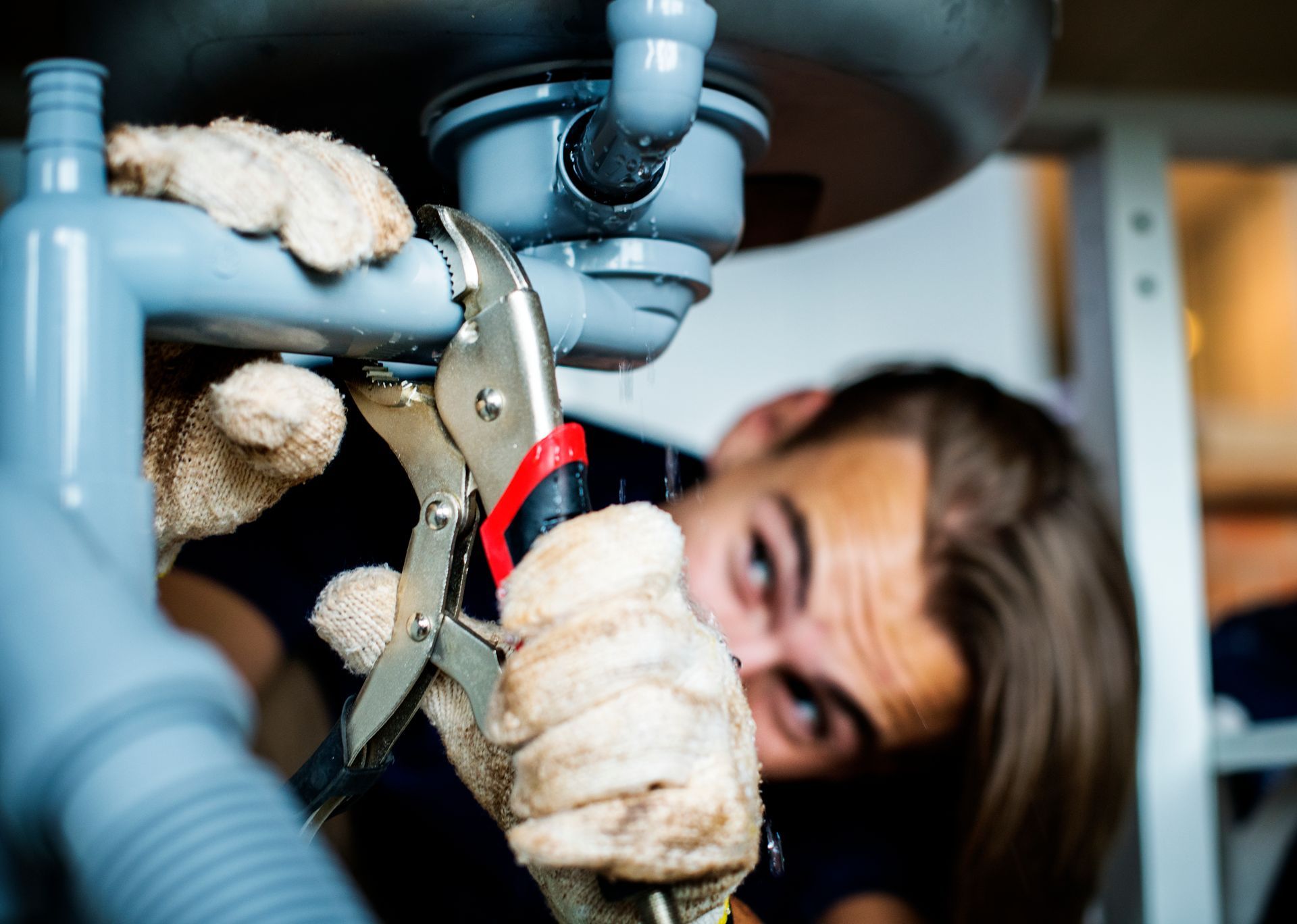Emergency Water Heater Failures: Steps to Tune Up or Replace Fast
Water heater failures can quickly lead to discomfort and major disruption for homeowners, especially when hot water is essential for daily tasks. Whether it’s an aging unit that’s stopped heating, unexpected leaks, or electrical malfunctions, knowing how to respond promptly can help mitigate damage and restore hot water service efficiently. Emergency situations require immediate attention, and trusted professionals like All City Plumbers offer 24/7 Emergency Services to assist quickly and effectively. In this detailed article, we guide you through the steps to tune up or replace a failing water heater swiftly, ensuring safety and minimizing inconvenience. Alongside this, understanding related plumbing challenges such as causes of slow-draining sinks and how to fix them can be valuable in maintaining the overall health of your home’s plumbing system.
Recognizing the Signs of Water Heater Failure
Your water heater can display a variety of failure symptoms before completely breaking down. Common warning signs include fluctuating or insufficient hot water, strange noises such as popping or banging from sediment buildup, visible leaks around the base, and rusty or foul-smelling water indicating corrosion. Electrical problems, like tripped breakers or malfunctioning thermostats, may also prevent the unit from heating properly.
Recognizing these early symptoms and acting fast is vital to avoiding a sudden emergency. Delaying repairs can cause leaks to worsen, potentially damaging floors and walls, or create safety risks such as electrical hazards or gas leaks.
Immediate Steps for Tuning Up Your Water Heater
Before calling in the experts, you can perform some basic troubleshooting and maintenance steps to potentially restore functionality and prolong the lifespan of your water heater:
- Turn Off Power and Water: For electric heaters, switch off the circuit breaker. For gas units, turn off the gas supply. Also, shut off the water supply to the unit to prevent leaks or flooding during inspection.
- Check and Reset the Thermostat: Sometimes, the unit's thermostat may need a reset. Consult your model’s manual for instructions on how to safely reset the thermostat or temperature controls.
- Inspect and Flush Sediment Build-up: Over time, sediment collects at the tank’s bottom, reducing efficiency and causing noisy operation. Flushing the tank removes these deposits. Connect a garden hose to the drain valve and flush until the water runs clear. Always confirm the water has cooled to avoid injury.
- Test and Replace Heating Elements: Electric water heaters have upper and lower heating elements that can burn out. Use a multimeter to test continuity. When faulty, elements can usually be replaced with relative ease—a task best left to professionals unless you have electrical experience.
- Examine for Leaks or Corrosion: Check all fittings, valves, and the tank itself for visible rust, cracks, or water leaks. Minor leaks may be patched temporarily, but most corrosion or tank damage requires professional replacement.
Implementing these steps can often restore your water heater’s operation temporarily or even indefinitely if the issues are minor, buying time before replacement becomes necessary.
When to Replace the Water Heater
Replacement is advisable under these circumstances:
- The unit is old (typically over 10–15 years) and inefficient.
- Multiple repairs have been needed recently.
- There is significant corrosion or leaking from the tank.
- The hot water supply is inadequate even after maintenance.
If replacement is needed, professional plumbers consider factors such as your household’s hot water demand, energy efficiency preferences, and fuel types (electric, gas, or tankless). All City Plumbers can guide you in selecting and installing a water heater that best fits your needs and budget.
Emergency Water Heater Repair and Replacement Services
In cases of sudden failure that cause flooding or loss of hot water, quickly contacting reliable Emergency Services is critical. Reputable companies like All City Plumbers provide swift emergency response, minimizing the risk of water damage and restoring comfort without undue delay. Their licensed technicians use modern tools and techniques to diagnose issues precisely and implement effective repairs or replacements.
Beyond repairs, professionals can offer useful plumbing insights and maintenance to prevent additional problems, including issues related to causes of slow-draining sinks and how to fix them, which often occur in older or neglected plumbing systems.
Safety Considerations
Water heater repairs and replacements involve electrical systems, gas connections, and high temperatures—elements that pose safety risks if improperly handled. Always prioritize personal safety by turning off power and gas supplies before inspection or repair. If you smell gas or suspect a leak, evacuate immediately and contact emergency services.
Relying on experienced plumbers ensures that repairs comply with codes, warranties remain intact, and risks of accidents or future failures are minimized.
Conclusion
Emergency water heater failures require prompt and knowledgeable action to minimize damage and restore hot water reliability. Basic tune-up steps such as flushing sediment, resetting thermostats, and testing heating elements offer temporary solutions, while full replacements may be necessary for aged or severely damaged units. Trusted Emergency Services like those from All City Plumbers provide timely, professional support when urgent response is critical. Combining emergency response with routine plumbing maintenance, including understanding causes of slow-draining sinks and how to fix them, empowers homeowners to maintain a safe, efficient, and comfortable water heating system year-round.


